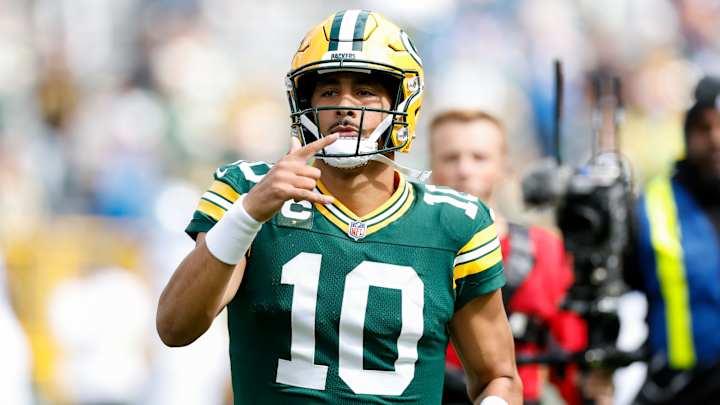T.J. Watt Could Be the Missing Piece for the Packers, But He Doesn't Fit
In the ever-shifting NFL landscape, where championship windows open and close swiftly, the Green Bay Packers stand at a pivotal moment. With Jordan Love emerging as a franchise quarterback and a youthful core pushing toward contention, calls to strengthen the defense have grown louder. One tantalizing idea? Acquiring Pittsburgh Steelers’ star edge rusher T.J. Watt via trade. Watt, a perennial Defensive Player of the Year candidate, could theoretically provide elite pass-rushing prowess, elevating Green Bay’s defense from solid to dominant. His knack for disrupting quarterbacks—leading the league in sacks multiple times—might be the missing piece to challenge NFC giants like the San Francisco 49ers or Detroit Lions.
However, as enticing as this sounds, Watt doesn’t align with the Packers’ current trajectory. The primary obstacles are Green Bay’s youth-driven rebuild, Watt’s age, and the team’s tight financial situation. Let’s break it down.
The Packers are committed to a youth movement. After parting with Aaron Rodgers in 2023, general manager Brian Gutekunst has rebuilt through the draft, prioritizing long-term growth over short-term splashes. The roster is among the NFL’s youngest, with a focus on players like Love (26), wide receiver Christian Watson (26), and defensive lineman Lukas Van Ness (24), all entering their prime. At 30, turning 31 in October 2025, Watt disrupts this timeline. While still elite with consistent double-digit sacks, edge rushers often decline at this age due to physical wear. Adding a player on the wrong side of 30 risks repeating past errors from the Rodgers era, when reliance on aging stars left the roster top-heavy and financially strained.
Financially, Watt’s contract is a mismatch. His 2025 cap hit exceeds $30 million, with a base salary of $21 million, and he’s reportedly seeking a massive extension—potentially a three-year, $121 million deal with $81 million guaranteed, pushing his annual value above $40 million. The Packers, with roughly $35 million in 2025 cap space under the league’s $279.2 million cap, face constraints with upcoming extensions for players like Love and looming free-agent decisions. Absorbing Watt’s deal would demand restructures or cuts, sacrificing depth or veterans, which clashes with Gutekunst’s prudent spending philosophy. Green Bay prefers investing in homegrown talent over blockbuster trades to maintain flexibility.
Schematically, Watt’s fit is questionable. New defensive coordinator Jeff Hafley’s system emphasizes speed and versatility, favoring athletic edge rushers. While Watt’s power and relentless motor are exceptional, they may not mesh seamlessly with a unit built around younger, explosive players like Rashan Gary (27). Additionally, Watt’s loyalty to Pittsburgh and ongoing extension talks make a trade unlikely.
Ultimately, while T.J. Watt’s star power could boost the Packers’ contention, he’s at odds with their rebuild. Green Bay’s future lies in developing cost-controlled talent, not betting on a 30-something veteran. Sticking to their youth-first, fiscally cautious blueprint positions the Packers for a dynasty, not a fleeting shot. Watt may shine elsewhere, but in Green Bay, he’s a puzzle piece that doesn’t fit.












